Flood water seeps into every corner of a property, bringing with it filth that clings to every surface long after the deluge subsides.
The smell is the first thing you notice. It hits the back of your throat.
Days after reporting on floods in Tayside, I could still smell the rot.
Extreme weather is a unique threat.
It is not only potentially deadly in the moment, it causes a trail of destruction that can take months or even years to recover from.
But it is a threat that Scotland seems determined not to respond to as the reality of the climate crisis unfolds.
Politicians have been quick to make big promises. Depressingly, some of them have been made and broken within years.
Climate change deaths already a reality
We have rightly spent a lot of time talking about how we tackle the worsening of the climate crisis with decarbonisation and the move to “net zero”.
The generation before mine has, belatedly, recognised the responsibility they have to tackle this crisis and, if the damage cannot be reversed, ensure it does not worsen at the worst rates predicted.
But the sad truth is that our climate has changed and degraded so much already that Scots are already dying as a result.
At least 1,800 deaths a year can be directly linked to climate-harming air pollution.
By 2050, Public Health Scotland estimates there could be over 200 more heat-related deaths a year.
We don’t have to look far to see the often shocking realities of this change.
Storm Babet crystallised that for us.
Homes were deluged by floodwater as record-breaking levels of rainfall fell on areas such as Brechin.
Property was destroyed and the SNP government was at times found wanting in its immediate response. People in Angus suffered in silence for nearly two weeks after a visit by Humza Yousaf, who was first minister at the time.
Extreme weather events likely to become more common
We know that these extreme weather events are already more common than they once were and will likely only become more so.
I speak with more experienced colleagues who can remember reporting on their impact perhaps a handful of times in the career. Now, it feels like severe storms are a yearly feature of our work. As predictable as Christmas.
Climate change, through heavier rainfall and rising sea levels, is making much of Tayside and Fife more vulnerable to flooding in particular.
Large parts of Angus, Perthshire, Dundee and Fife are exposed.
But 12 months on, Angus Council is only now beginning a consultation on what to do with over 50 homes hardest-hit by flooding from the River South Esk.
Many fear they will have to be torn down and residents re-located.
Residents may be living in fear of being forced to flee again, but the mop-up operation from the last severe weather is only now getting under way.
Many question whether an eventual return is worth it if they could be in the same position again soon.
We have to get real about consequences of storms
The local authority did find time to launch an ill-judged myth buster campaign to insist the existing £16 million flood defences had worked just fine.
A hard message to swallow for those washed away.
Our efforts must of course go into preventing our climate breakdown from worsening. If the situation is bad now then a lack of action is not a choice.
But we must simultaneously get real about the symptoms of climate change that are with us already.
It cannot take 12 months to deal with the consequences of disasters like Storm Babet.
We already know the towns, villages and cities most vulnerable. We know who will be hardest hit.
Next storm a question of when when not if
It is not a question of if but when. Plans have to be put in place now for the next extreme weather events and the response to it.
And the response may be uncomfortable. Difficult choices about what is lost to the erosion of climate change may be necessary.
Meanwhile, government cannot be simply on the defensive or sluggish in its response.
If the Storm Babet can teach us any lesson, it’s a simple one. For too long we ignored climate change and the difficult sacrifices we would need to take to prevent it worsening.
Our response to the results of that failure cannot be to put our head in the sand.
Local residents who have their lives turned upside down cannot be left in limbo for such long periods of time.
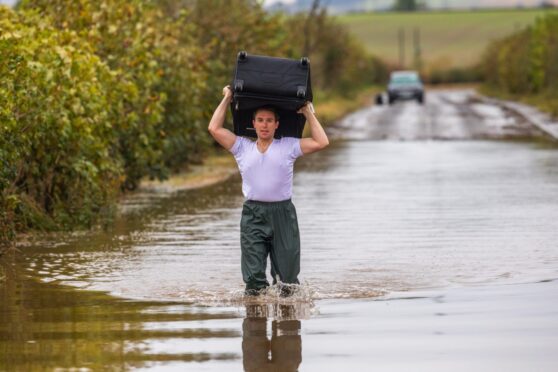
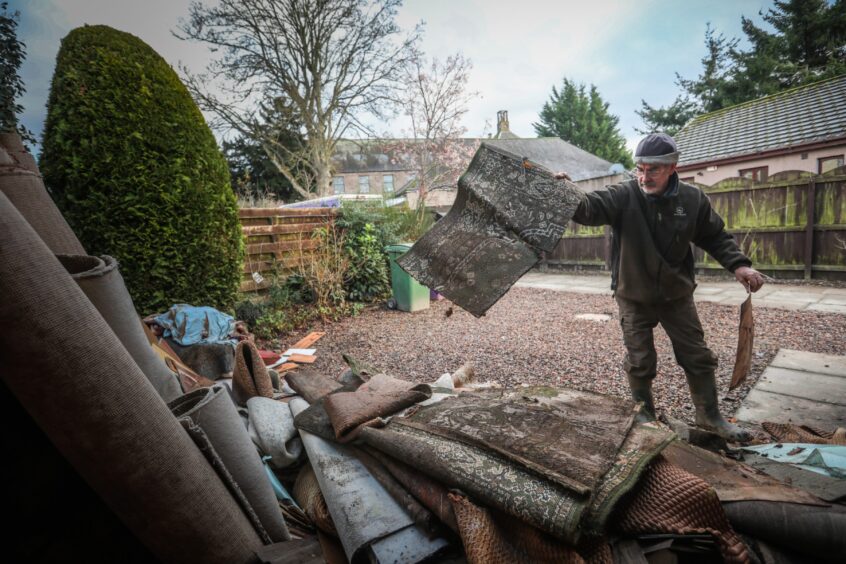
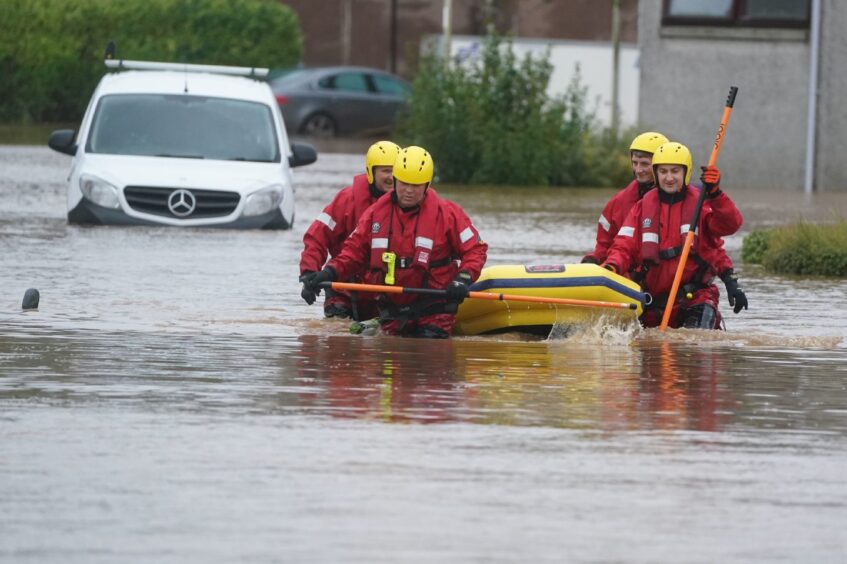
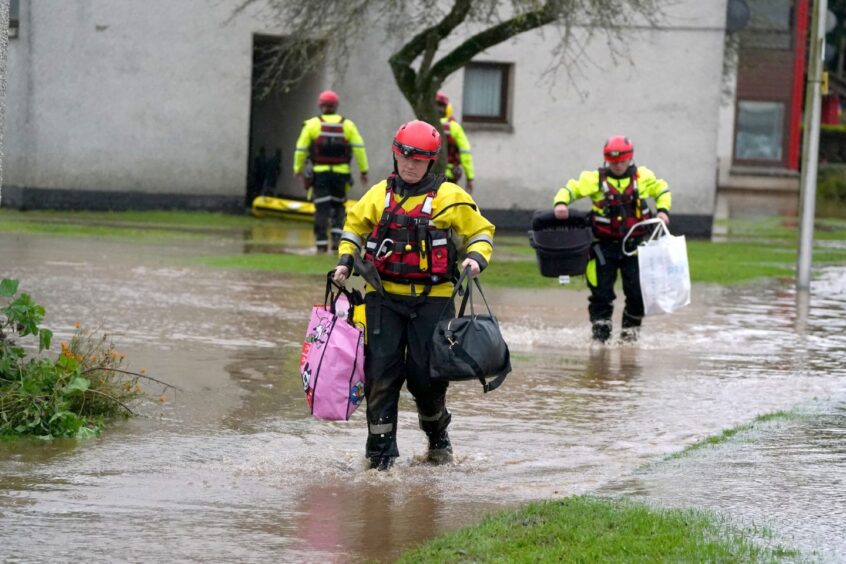
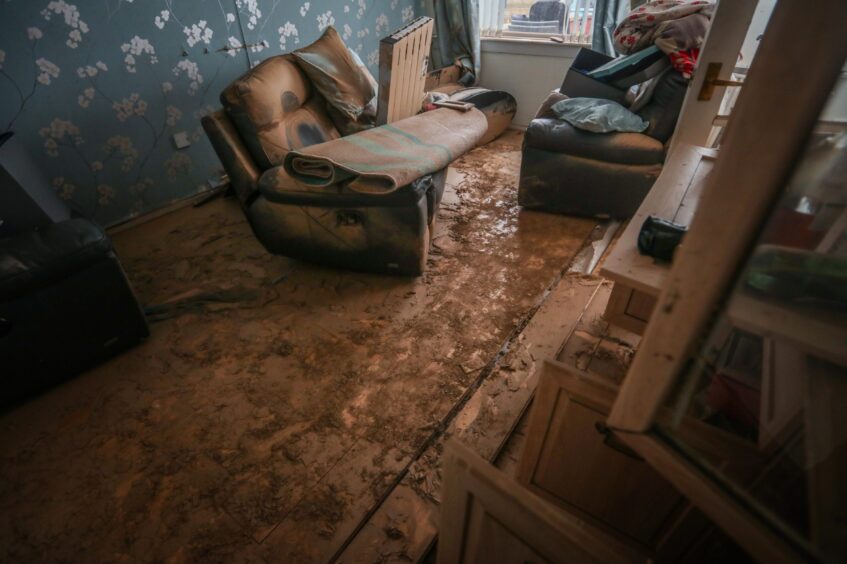










Conversation